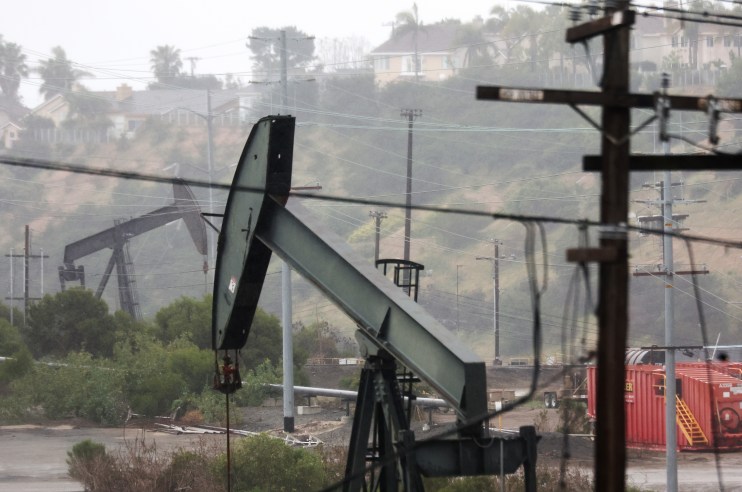Oil round up: G7 stops short of unveiling mooted oil price cap while OPEC revels in rising revenues

The Group of Seven (G7) has stopped short of finalising a ban on the transport of Russian oil above a certain price, and will instead explore the option ahead of a potential future announcement.
The aim of the measure is to deplete the Kremlin’s war chest following Russia’s invasion of Ukraine – with an oil price cap ratcheting up existing Western pressure on Russia from sanctions.
Despite failing to finalise the ban, as forecast in media reports ahead of the summit, German Chancellor Olaf Scholz insisted any agreed cap would stay until Russian President Vladimir Putin accepted failure in Ukraine.
He said “There is only one way out: for Putin to accept that his plans in Ukraine will not succeed.”
The idea behind the cap is to tie financial services, insurance and the shipping of oil cargoes to a price ceiling. A shipper or an importer could only get these if they committed toa set maximum price for Russian oil.Advertisement · Scroll to continue
“We invite all like-minded countries to consider joining us in our actions,” the G7 leaders said in their communique.
The G7 is looking at the price ceiling as a way to prevent Moscow profiting from its invasion of Ukraine, which has sharply raised energy prices, taking the sting out of Western efforts to curb imports of Russian oil and gas.
Meanwhile, oil cartel OPEC’s has revealed that its oil revenues surged in 2021 as prices and demand recovered from the worst of the COVID pandemic.
This is despite the number of active rigs among members only posting a modest rebound, while new completed wells declined, data from the group showed.
The value of petroleum exports by the 13-member Organization of the Petroleum Exporting Countries reached $561bn in 2021 – up 77 per cent from 2020, according to data from its statistical bulletin.
OPEC and its allies, known as OPEC+, have been struggling to boost output in line with modest production targets.
This reflects under-investment by some members in drilling and exploration – with the shortfall being one of the reasons oil prices have soared in 2022
It also exposes the difficulty in sanctioning Russian energy supplies when market fundamentals and macro-factors are driving up oil prices.
Oil is currently trading above the $100 milestone on both benchmarks – with Brent Crude priced at $117.40 per barrel and WTI Crude at $111.50 per barrel.